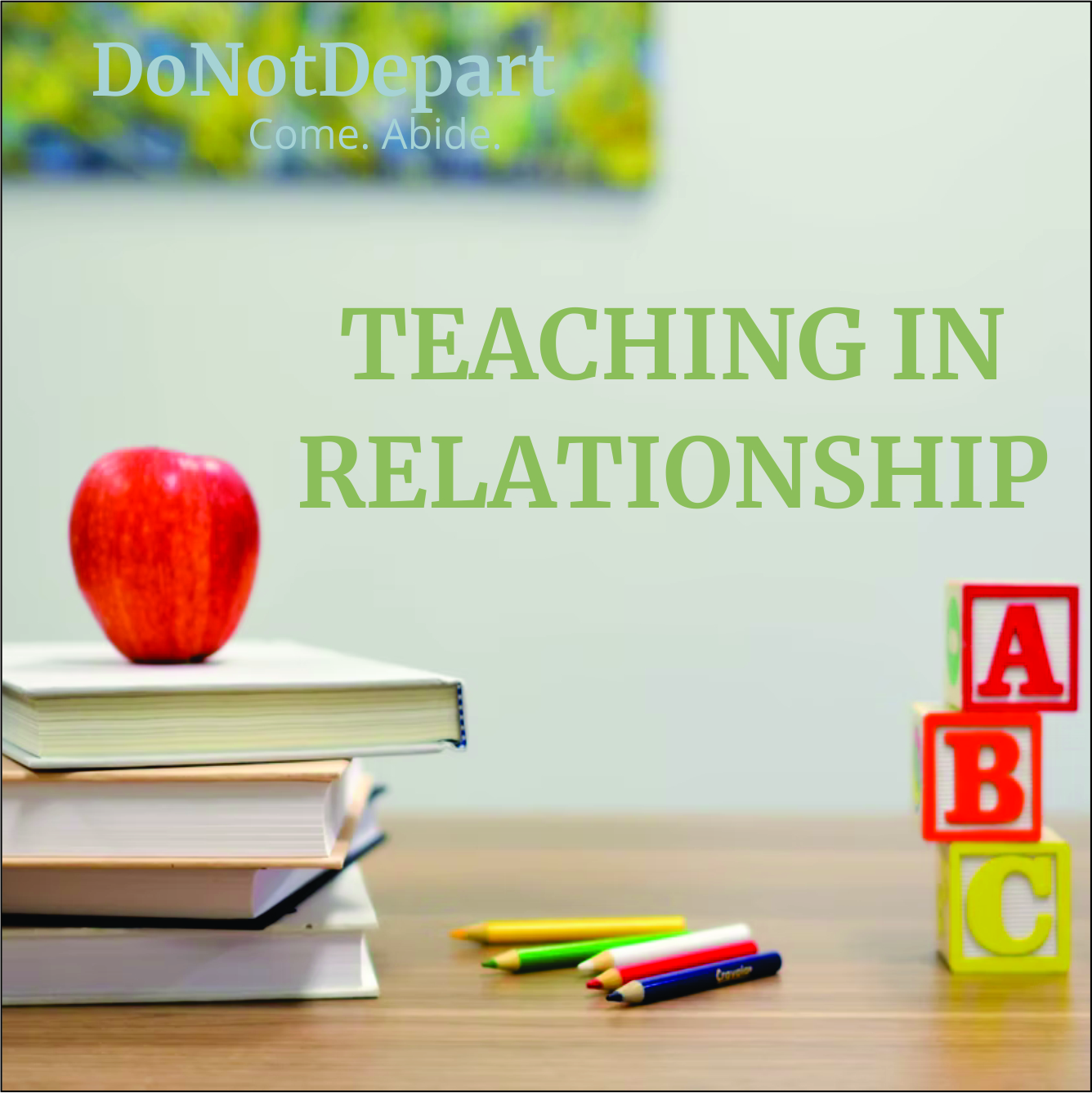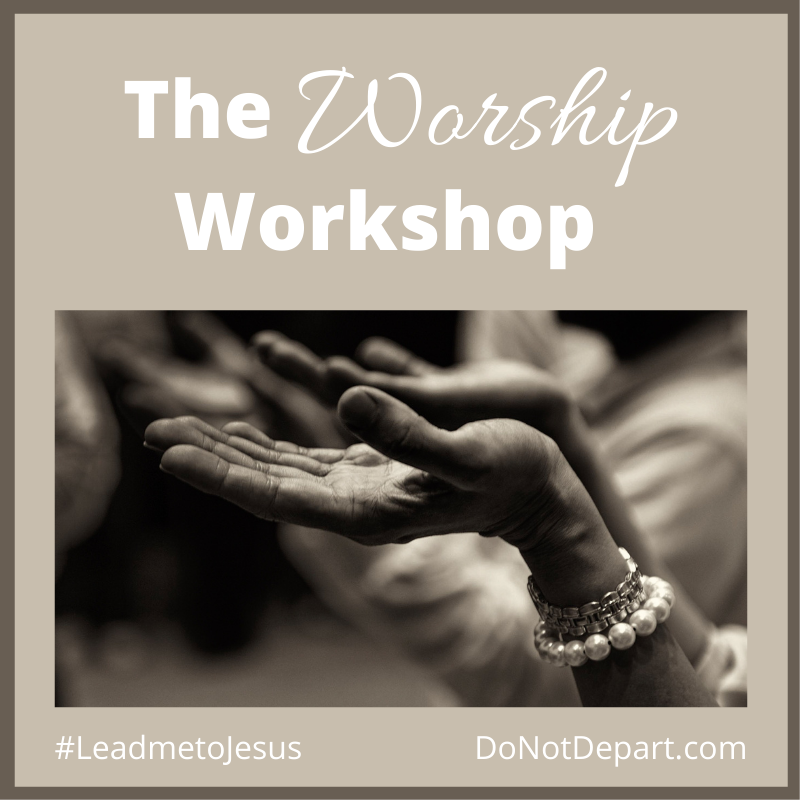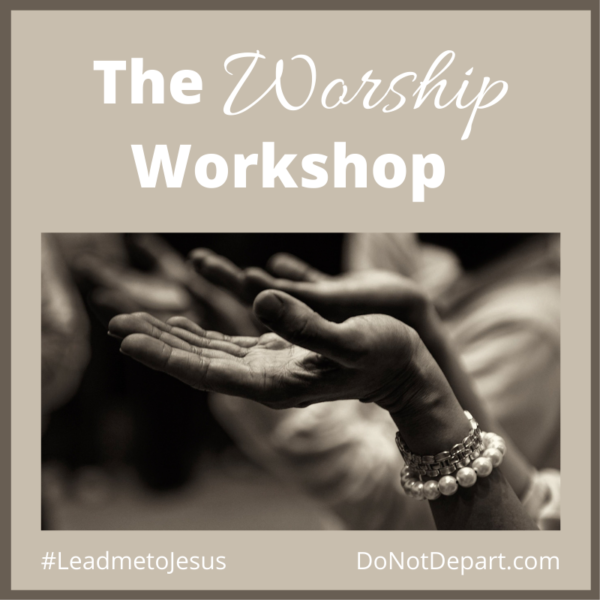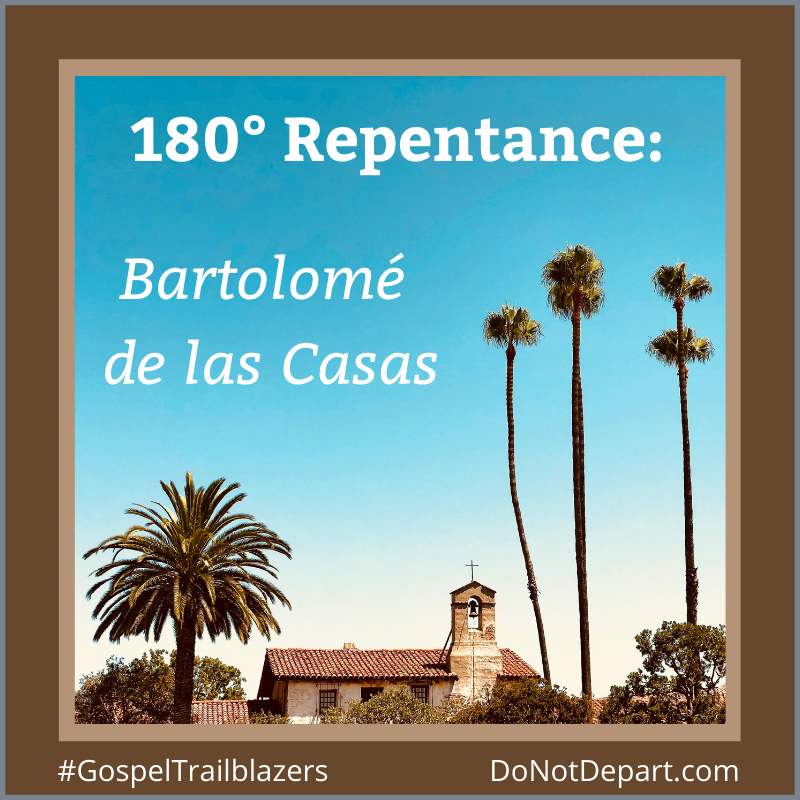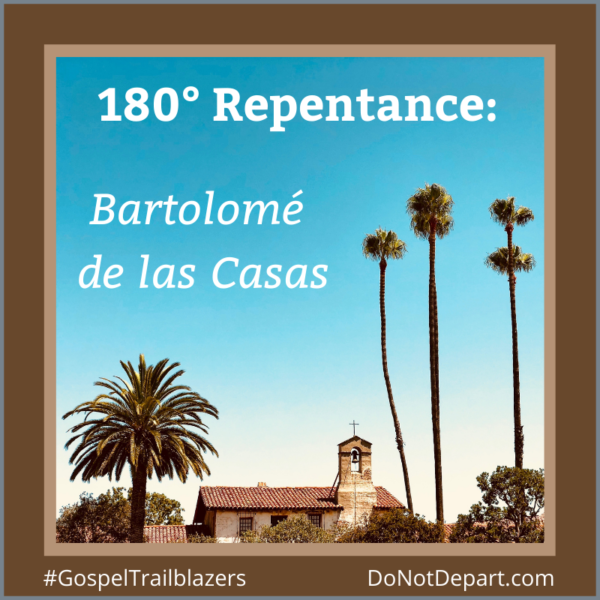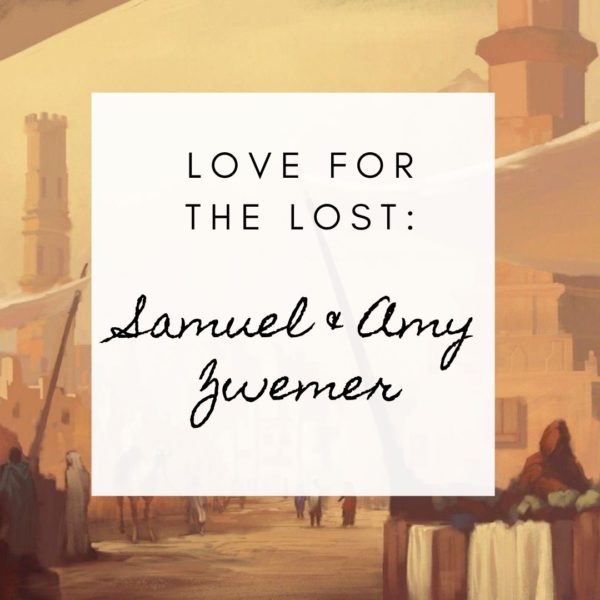I don’t know if Susan and Cynthia ever met. They certainly could have. Both of these ladies were missionaries with the International Mission Board and overlapped in the years they served. But both of these ladies taught me and influenced my life–and not just in spiritual ways.
From Susan, I learned to eat yogurt after a stomach bug to replenish the good bacteria in your digestive system. She also introduced me to the joys of National Geographic and the idea of buying a present for yourself on your spouse’s birthday. (Don’t worry, he’d buy a present for himself on her birthday.)
Learning by Serving
I knew Susan from Camp Chaparral, a church camp in Texas where I worked in the summers during college. She was one of the administrators. I worked in the kitchens and on the support staff. It was hard work and often hot work too. Our mission was to provide the cleanest environment, serve the best tasting food, and meet all the challenges that arose so our campers could focus on what God wanted them to hear instead of focusing on how bad the food was or the gum stuck under their bunk, or the broken bench at the volleyball court.
As one summer was winding down, several of our staffers gathered around talking about things we had learned that season. Someone mentioned they had learned how to better work with other personalities. As the conversation went on, Susan summed up what we were saying, “The only person you can control is yourself.”
That really stuck with me and has shaped and molded my personality as a wife and mother. I can easily fall into thinking I must control my child’s behavior and that it will reflect poorly on me as a mother if they aren’t able to handle things. But I remind myself often the reality is the only person I can control is myself and how I respond to this child. That’s what my responsibility is. I can train the child later in a calmer moment, but I can only control myself.
At our goodbye banquet one summer, Susan told us she had been praying a verse for each of us all summer long. Then she gave us all a card with our verse written in it and her prayer for us over the summer. I felt so special Susan had done that and was touched by her card and its message. But I was also confused. How did a person pray a verse? I was busy with college and becoming a Journeyman missionary myself, so I put it out of my mind.
Learning through Challenges
I met Cynthia on the mission field in Bolivia when I arrived to teach her daughter. Cynthia taught me a lot about life in South America–how to shop, how to use the transportation, and how to communicate. But I also learned from her about organization, patience, and the delights of a fan on generator nights.
Cynthia also prayed verses. She wrote them on index cards and placed them around her house to remind her to pray. Cynthia inserted the names of the people she was praying for into the verse. Seeing that enabled me to finally understand how to pray a verse, so I now have index cards with verses on them that I use to pray for my family. And when I go to youth camp, I always pick a verse to pray for the kids in my family group. I put their names in and keep praying for them long after camp is over.
From Cynthia, I also learned about trusting God when things get hard. Our team had to leave our village under unplanned and unchosen circumstances. Cynthia and her family moved to two more countries before settling in Las Vegas to work with refugees. Through every move and every changed plan, I watched Cynthia trust the Lord more and lean on Him. I saw her focus on prayer, delve into the word, and rest in the peace of His presence.
That lesson helped me when my husband and I faced infertility, the pain of saying goodbye to foster children, and the chaos that years of trauma had caused in the lives of our adopted children. I remember what Cynthia did when she walked through hard things: I pray, dive into the word, and rest in the peace of His presence.
Learning in Relationship
Susan served on the mission field in eastern Europe. Cynthia served in South America. These two women of faith influenced my life and taught me valuable lessons. Titus says, “Older women…are to teach what is good, and so train the young women…” (Titus 2:3-4) I’m thankful for their lessons.
Who trained and taught you? Whose lessons are you thankful for?
